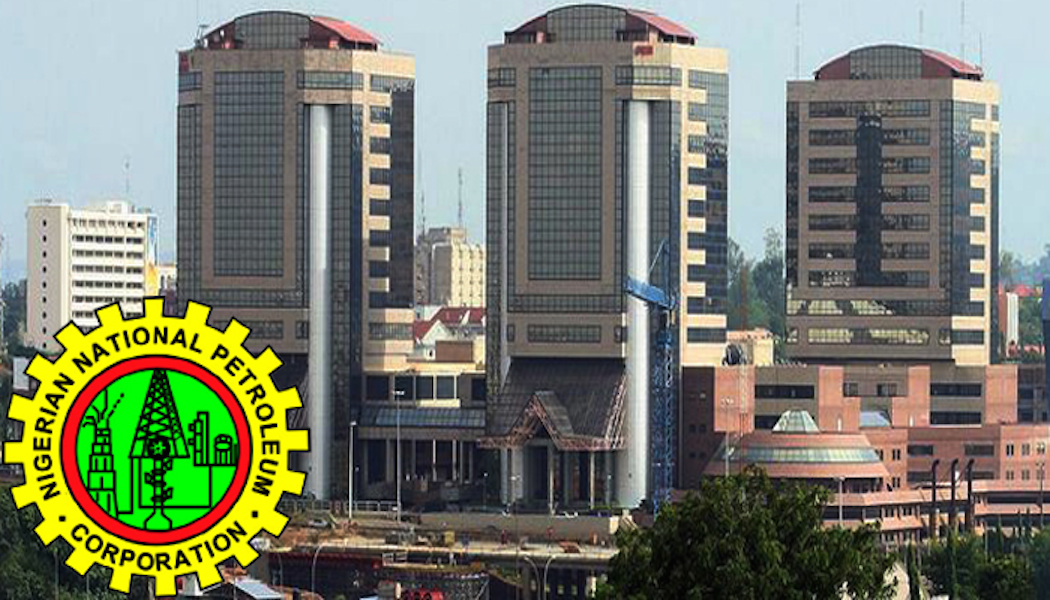First, let us understand what the petroleum Industry Bill (PIB) seeks to achieve and provide and why it has caused such a ruckus. In an article released by PwC (July 2021) the PIB was explained to provide legal, governance, regulatory and fiscal framework for the Nigerian Petroleum Industry and Development Communities. It is said to contain 5 chapters, 319 sections and 8 schedules. The passage of the Bill was first mooted by the former president Olusegun Obasanjo’s administration. It should also be noted that in 2018 there was a unanimous version of the bill known then as the petroleum industry governance bill (PIGB), which President Buhari refused assent due to its lack of legality and for constitutional reasons.
However, in a recent statement issued by Mr Femi Adesina, the presidential spokesman, the president assented to the bill on Monday 16th of August, 2021 in his determination to fulfil his constitutional duty. The spokesman for the president noted that the Senate had passed the bill on July 15th, 2021, while the house of Representatives followed suit the next day which put an end to its long wait since the 2000s. Following this action though is the reaction of several stakeholders including Seriake Dickson, senator representing Bayelsa west; Douye Diri, the governor of Bayelsa state and Edwin Clark, who happens to be an Ijaw national leader, have argued that three per cent is unacceptable.
These representatives of host communities pleaded their case at the public hearing on the bill that host communities had demanded that they be allocated 10 per cent because three per cent is not enough to further improve the standard of living of their people. After the bill was passed, senate president Ahmad Lawan stated a perfect result was not achieved, which makes the bill susceptible to the future amendment. He was however satisfied with its enactment and considers it significant after many years of its stalling. He further states that the host communities are winners in the situation regardless of the outrage being hauled out. This is because these communities went from zero to possessing over $500 million in an allocated fund, the issue as far as he was concerned centred solely on how the funds can be disbursed prudently and transparently.
Sources:
The Cable
The Nation





